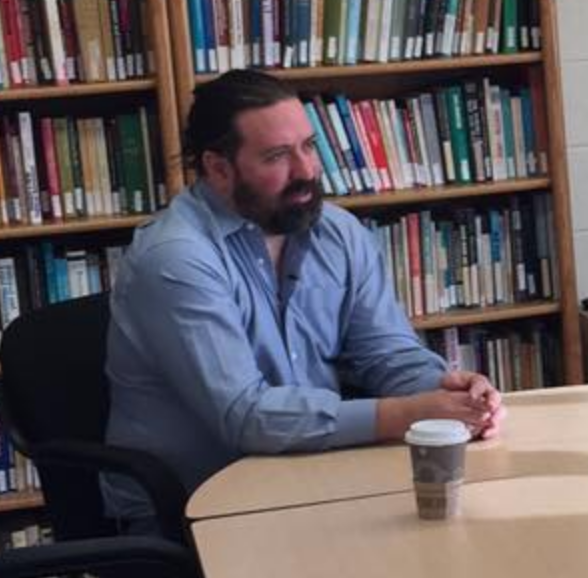On the basis of previous work regarding military medical ethics, I was invited to participate in an edited volume regarding the moral obligations that archaeologists have vis-a-vis advisory roles to the military. The catalyst for this project was whether archaeologists were implicitly endorsing the Iraq war by telling coalition forces what should be protected in Iraq; some 5,000 sites were identified as having cultural and/or historical significance. The idea would presumably be that the archaeologists who provided this list were effectively lowering the moral collateral of the invasion by allowing the coalition to move forward in a more discriminating way. Suffice it to say that I think this is a bad argument and, more specifically, I don’t think that archaeologists evince any sort of moral failing by identifying these sites. (Rather, on the assumption that the invasion would have proceeded regardless, they are doing us a moral service.)
I hadn’t even known people were doing work in this area at all, so it was exciting to work with some of these ideas. I commend to you my essay, “Physicians at War: Lessons for Archaeologists?”, as well as the complete volume, Peter G. Stone (ed.), Cultural Heritage, Ethics, and the Military (Woodbridge, UK: The Boydell Press, 2011).
